Is there internet trolls that don't really do anything illegal
Is there internet trolls that don't really do anything illegal
In today’s digital world, the ancient science of Vedic astrology meets technology through tools like online marriage astrology calculators, offering clarity and cosmic predictions with just your date, time, and place of birth. But the real depth of prediction lies far beyond a calculator’s numerical result — it’s in the hands of a skilled astrologer who interprets your chart with intuition, scriptural wisdom, and cosmic observation. That’s where Nayku’s astrology services shine — providing precise, confidential, and personalized online marriage prediction sessions rooted in Vedic knowledge yet adapted for the modern digital seeker. This is not just about “when,” but why and how your marriage will unfold the way it does. Let’s uncover that cosmic mystery step by step.
Understanding the Internet's Most Mischievous Residents
The internet is a wondrous place. It's a hub for knowledge, entertainment, activism, shopping, spiritual services, legal assistance—just about everything. But among all this digital gold, there exists a peculiar breed of netizens: internet trolls.
Not all trolls are the same, though. Some trolls are purely disruptive and malicious, spreading hate, misinformation, or harassing others. But then there’s another type—the kind that don’t necessarily do anything illegal, but still make their presence annoyingly known.
So, the big question is: Is there such a thing as a troll who doesn’t really break the law but still causes chaos?
The short answer: Yes.
The long answer? Well, that’s what this blog is all about. We'll explore the different kinds of trolls, what makes a troll illegal, what doesn't, how it affects people, and how platforms—and users like you—can deal with them. And while we're at it, we’ll highlight some helpful legal services like Nayku, who can help if you ever find yourself the victim of serious online misbehavior.
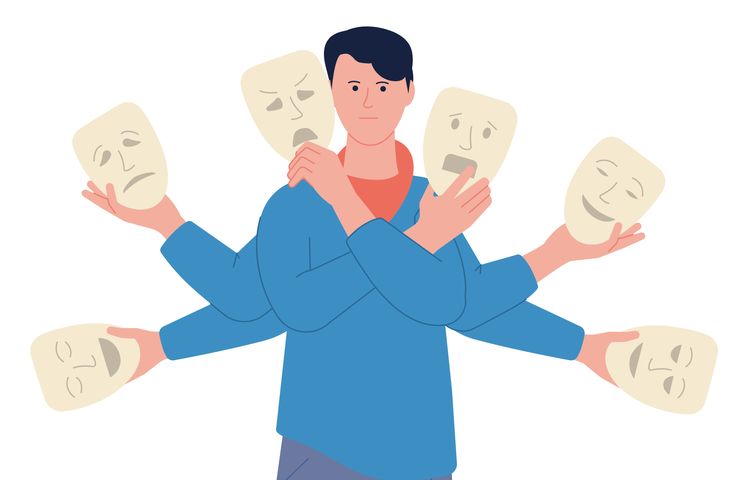
What Is an Internet Troll Anyway?
An internet troll is someone who deliberately posts inflammatory, rude, or off-topic messages in an online community—like on social media, forums, or comment sections—with the intent of provoking others or creating disruption.
Not all trolls have the same motivations:
- The Mischievous Troll: Likes to joke around and play harmless pranks.
- The Devastator Troll: Deliberately bullies, threatens, or harasses others online.
- The Debate Baiter: Enjoys arguing and leading others into endless debates.
- The Joker Troll: Posts ironic or absurd content for laughs.
- The Concern Troll: Pretends to be helpful but subtly criticizes or undermines.
Trolling, by itself, is not always illegal. However, when trolling involves threats, harassment, defamation, or impersonation—it can cross into criminal territory.
What Kind of Trolling Is Not Technically Illegal?
Some forms of trolling toe the line of legality but don’t necessarily break any laws. Let’s look at some examples:
1. Satirical or Parody Accounts
Creating a parody Twitter or Instagram account that mimics a celebrity or politician for laughs is generally protected under free speech laws, as long as it’s clearly satire and not impersonation.
2. Meme-Based Trolling
Posting memes that are silly, sarcastic, or edgy but not targeted or abusive falls into a gray area—annoying, maybe, but not illegal.
3. Deliberate Contrarian Comments
Someone who constantly comments “unpopular opinions” just to get a rise out of others isn’t breaking any laws—though they may be banned from communities.
4. Overused Jokes and Copy-Pastes
Posting “copypasta” jokes or repeating inside jokes like "first!" or "cringe!" on every video might be irritating but is not illegal.
5. Tech Trolling
This includes things like writing deliberately vague bug reports in developer communities or “fake help” in forums like Reddit. Again, not helpful—but not unlawful either.

When Does Trolling Become Illegal?
Even harmless-looking trolling can sometimes turn illegal depending on what is said, the context, and how persistent the behavior is. Here are some red flags:
| Illegal Behavior | Examples |
| Cyberbullying & Harassment | Repeated messages that insult, demean, or threaten an individual |
| Doxxing | Sharing personal data like home address, phone number, etc. |
| Hate Speech | Posts promoting racism, sexism, casteism, or violence |
| Defamation | False information intended to damage someone's reputation |
| Impersonation | Pretending to be someone else to deceive or harm |
| Stalking | Monitoring someone's online activity obsessively |
| Threats of Violence | Saying you will physically harm someone or encouraging suicide |
In India, such acts are punishable under the Information Technology Act, 2000 and sections of the Indian Penal Code.
🔒 Feeling unsafe online? Nayku offers affordable and confidential legal advice on cyber harassment and trolling. Book your consultation today and get clarity from verified legal professionals.
The Psychology of Non-Illegal Trolls – Why Do They Troll?
Why would someone bother trolling if they’re not even breaking the law or getting paid? Here's what research suggests:
- Boredom: Some people simply want to pass time in a dramatic way.
- Anonymity: Online platforms give trolls the power to act without accountability.
- Validation: A troll who gets reactions—even negative ones—feels seen.
- Control: Trolling allows people to feel in control, especially if they lack control offline.
- Group Mentality: In meme or gaming communities, trolling can be a form of bonding.
Should You Be Worried About Harmless Trolls?
Even if they’re not breaking the law, trolls can still affect mental health, productivity, and online experiences. Especially for:
- Students posting on discussion forums.
- Business owners managing brand social media.
- Content creators facing endless negativity.
- Victims of borderline bullying, where comments are “just jokes.”
Trolling—harmless or not—creates toxic digital environments. It deters genuine discussion and can sometimes escalate.
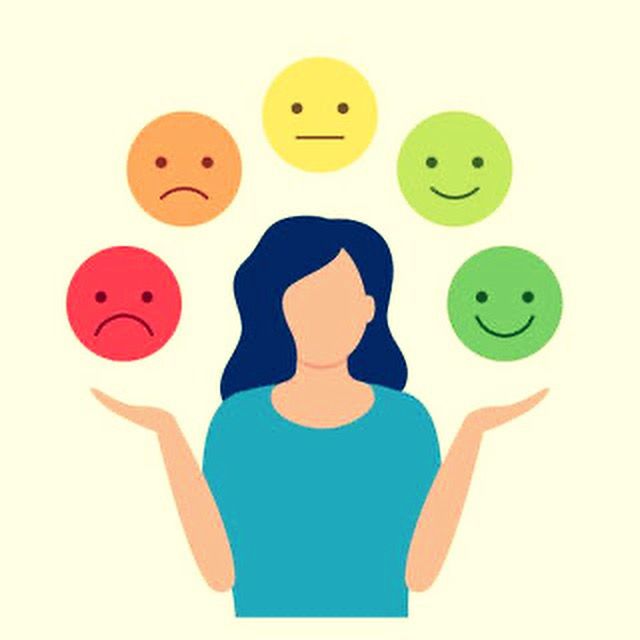
Real-Life Examples of “Legal” Trolls Gone Too Far
✅ The Reddit Contrarian
Someone kept commenting on every post in a medical support group saying, “Just Google it, idiots.” While not illegal, the mods eventually banned them for discouraging help-seekers.
✅ The Twitter Joker
A parody account mimicking a celebrity tweeted fake donation links “as a joke.” They weren't charged but were removed after misleading thousands.
✅ Gaming Chat Troller
One player in a multiplayer game would fake “bad internet lag” during clutch moments. Technically not a crime—but enough to get permanently banned from servers.
These stories prove that even non-illegal trolls can cause real problems.
👩⚖️ Facing harassment or defamation by trolls? Nayku’s online legal consultation services help you understand your rights and take the right action. Visit Nayku to speak with a cyber law expert today.
How to Handle Non-Illegal Trolls
You don’t always need a lawyer for a meme war. Here are some effective self-defense strategies:
🔇 1. Don’t Feed the Trolls
Ignore them. Trolls crave reaction. Deny it.
🚫 2. Block & Report
Most platforms allow you to mute, block, or report users.
👨👩👧👦 3. Use Community Moderation
Communities with clear rules and active mods have fewer trolls.
⚖️ 4. Keep Evidence
Even if it’s not illegal yet, keep screenshots if behavior escalates.
🤝 5. Seek Professional Advice
When in doubt, consult experts. Nayku offers cyberlaw guidance for both individuals and businesses facing online trolling.
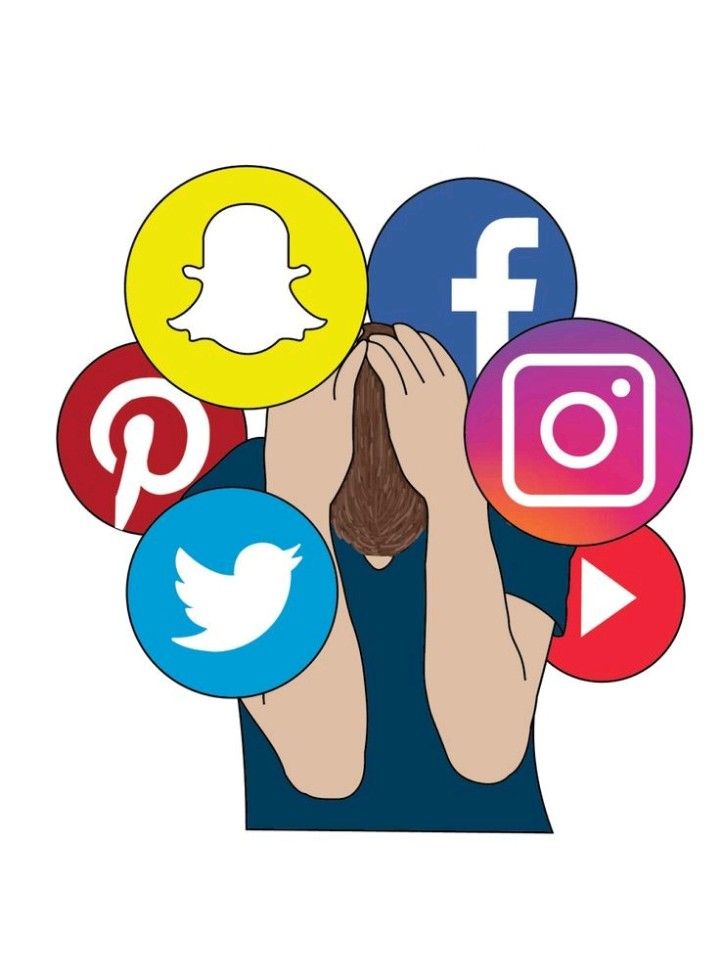
Can Trolls Be Reformed? A Look Into Redemption
Believe it or not, many trolls eventually stop. Reasons include:
- Growing Up: Teens trolling for fun mature over time.
- Consequences: Getting banned or called out can change behavior.
- Empathy Training: Some communities use education, not bans, to guide trolls.
- Mindfulness & Mental Health: Some trolls act out due to personal frustrations or trauma.
Laws Around the World – Trolling Isn’t Treated the Same Everywhere
Here's a glimpse of how trolling is handled internationally:
| Country | Approach |
| India | IT Act and IPC Sections. Vague on satire and parody. |
| USA | Free speech protected; only direct threats and stalking prosecuted. |
| UK | Malicious Communications Act covers harmful trolling. |
| Australia | Online Safety Act can penalize bullying and hate speech. |
| Germany | Very strict laws. Social platforms fined if they don’t act on harmful content fast. |
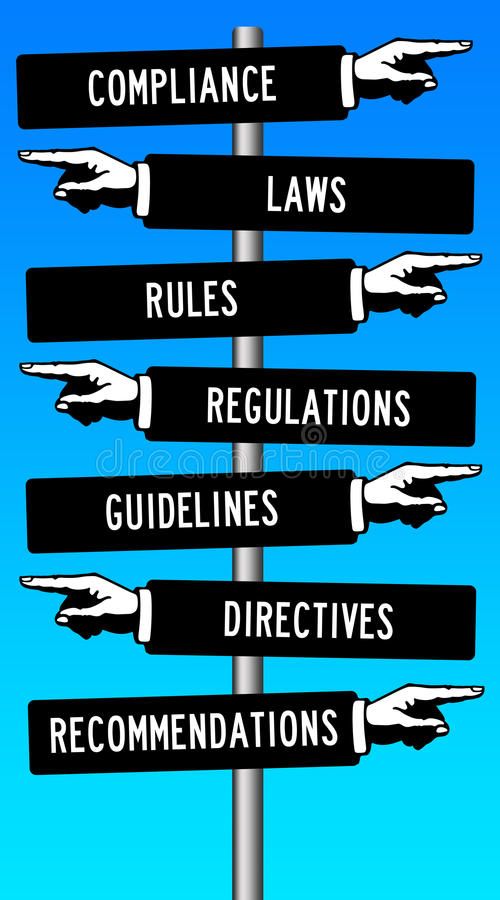
Final Thoughts – Laugh, Block, or Lawyer Up?
The internet is both a playground and a battleground. Trolls who don’t do anything illegal might seem harmless, but they often blur the line between humor and harm.
As a digital citizen, you have the right to safe spaces, open dialogue, and dignity. Whether it’s playful teasing or targeted defamation—you don’t have to deal with it alone.
💡 Whether you’re being trolled online, stalked digitally, or just want legal clarity about your rights—Nayku offers affordable, expert-driven, and online legal consultations across India. From cyber law to consumer rights, we’ve got your back. Visit Nayku.com and protect your online peace of mind.
Related Articles
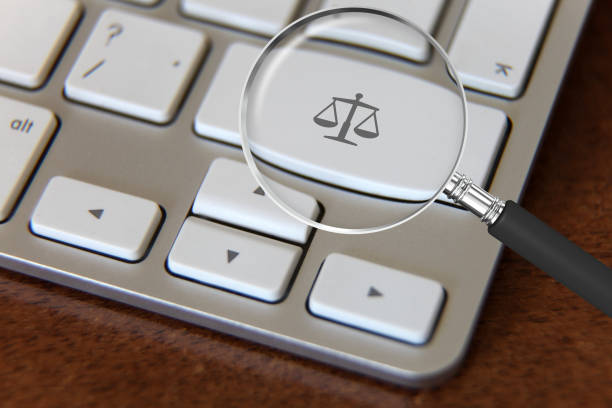
Find Best Online Lawyers in Bhopal Near Me
Find the best online lawyers in Bhopal near you for instant legal consultation, expert guidance, and...
Read More
Experienced Lawyers Online Legal Consultations In Bhopal
Connect with experienced lawyers in Bhopal for online legal consultations. Get reliable advice and s...
Read More
Get Professional Advice From Best Lawyers in Bhopal
Find top-rated lawyers in Bhopal offering expert legal advice. Get solutions for family, property, b...
Read More
